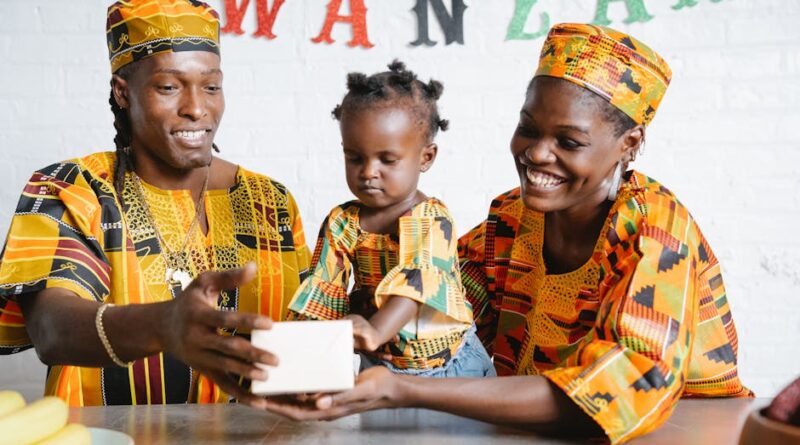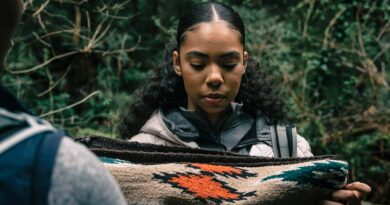Traditional Festivals: Celebrating Cultural Heritage
Have you ever wondered why we celebrate certain festivals? Traditional festivals are more than just fun events; they are windows into our cultural heritage. They tell stories of our past and connect us to our roots. In this article, we will explore what traditional festivals are, why they matter, and how they celebrate our diverse cultures.
What Are Traditional Festivals?
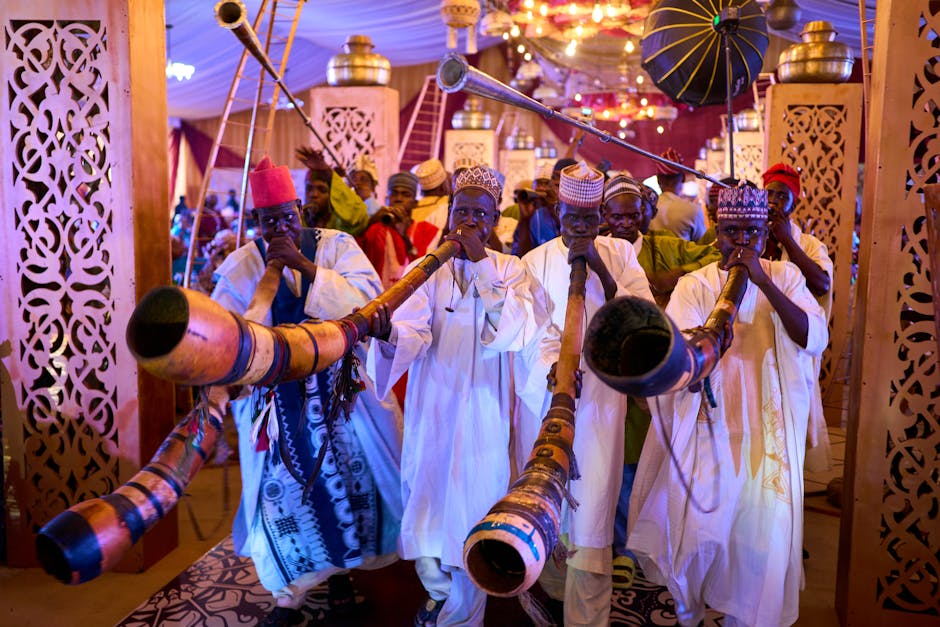
At their core, traditional festivals are celebrations rooted in cultural history. They often mark significant events, like harvests or religious milestones. These festivals can include music, dance, food, and rituals passed down through generations.
For example, the Diwali festival in India celebrates the victory of light over darkness. it’s filled with colorful decorations, fireworks, and sweets. Similarly, Thanksgiving in the United States is a time for families to gather and give thanks, often marked by a big feast.
Why Do We Celebrate Traditional Festivals?
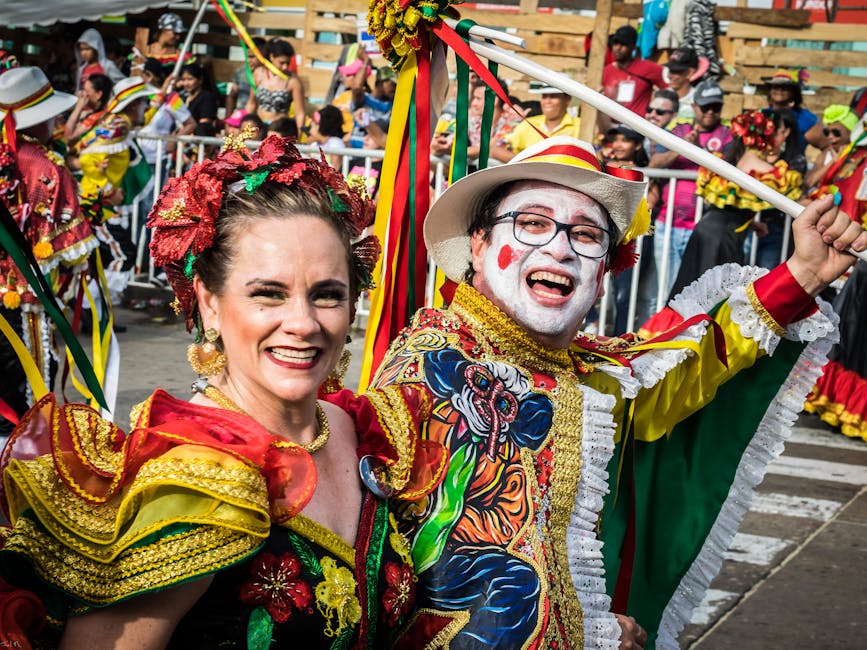
Celebrating traditional festivals serves many purposes. Here are a few key reasons:
- Preserve Culture: They help keep cultural practices alive.
- Build Community: Festivals bring people together, fostering a sense of belonging.
- Celebrate Diversity: They showcase the rich tapestry of different cultures.
According to a study by the National Endowment for the Arts, festivals can significantly enhance community engagement. They allow individuals to connect with their cultural identity and share it with others.
How Are Traditional Festivals Celebrated?
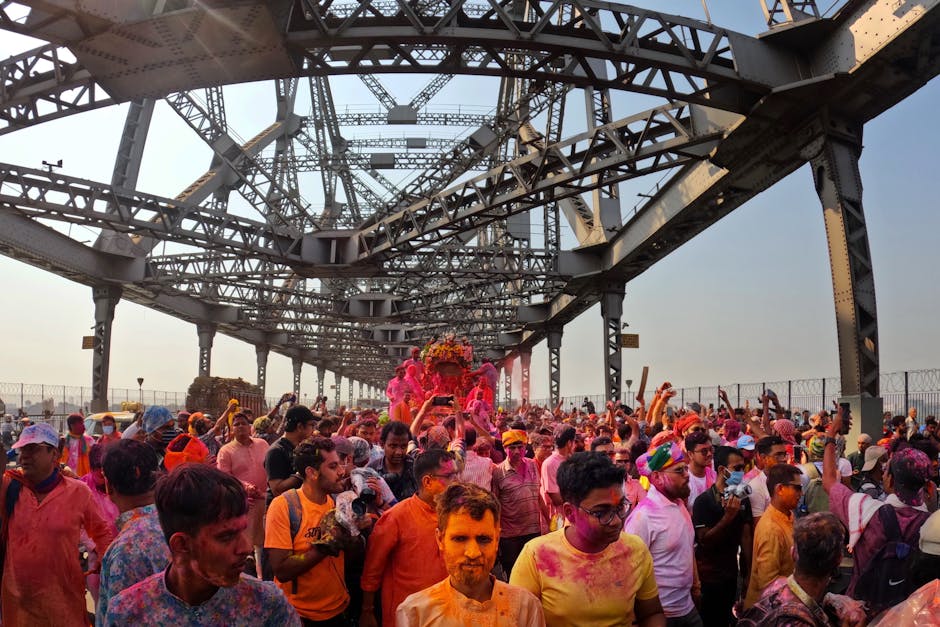
Each festival has it’s unique way of celebration, reflecting the culture it represents. Lets break down a few popular festivals around the world:
What Are Some Iconic Festivals?
- Carnival: Celebrated in many countries, especially Brazil. It features parades, music, and vibrant costumes.
- Holi: Known as the festival of colors in India, where people throw colored powders at each other.
- Oktoberfest: A famous beer festival in Germany that attracts millions every year.
- Chinese New Year: Celebrated with dragon dances, firecrackers, and family reunions.
These festivals involve a mix of music, dance, food, and local customs. They often last several days and involve preparations that can take months!
How Do Festivals Influence Society?
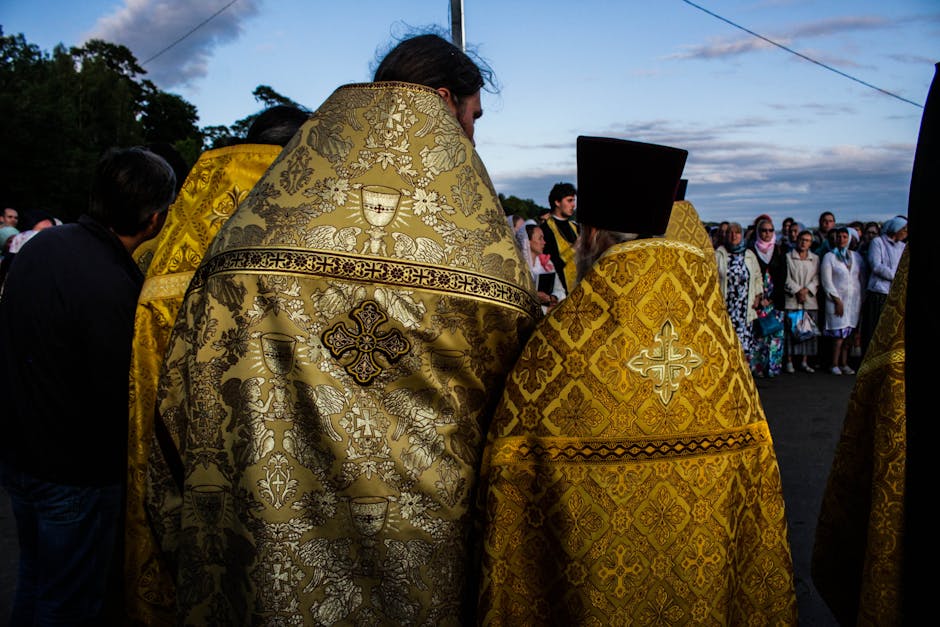
Traditional festivals also play a crucial role in shaping society. They can promote economic growth through tourism, create jobs, and foster local businesses. For instance, during Oktoberfest, local vendors thrive as thousands flock to enjoy the festivities.
Moreover, these festivals can encourage cultural exchange. They attract visitors from different backgrounds, allowing people to learn about diverse traditions.
What Are the Benefits of Attending Festivals?
- Community Spirit: Festivals boost local pride and cohesion.
- Emotional Well-being: Engaging in cultural celebrations can enhance happiness.
- Education: They provide opportunities to learn about other cultures.
In a world that often seems divided, these events remind us of our shared humanity.
Common Misconceptions About Festivals
Many people hold misconceptions about traditional festivals. Here are a few:
- They’re Just for Fun: While enjoyable, festivals carry deep cultural meanings.
- Only for Locals: Festivals are open to everyone, promoting inclusivity.
- they’re Outdated: Festivals evolve over time, adapting to modern influences.
Understanding these aspects can enhance our appreciation for these vibrant celebrations.
How to Get Involved in Local Festivals
Want to experience the joy of traditional festivals? Here are some simple ways to get involved:
- Attend: Look for local events in your area. Many cities host free festivals.
- Volunteer: Many festivals need helping hands. Volunteering can be a rewarding experience.
- Participate: Join in the festivities, whether it’s dancing, cooking, or simply enjoying the atmosphere.
Engaging with your community through festivals can enrich your life and deepen your connection to your culture.
Where Can You Learn More About Traditional Festivals?
If you’re curious about festivals worldwide, various resources are available. Websites like National Geographic provide insights into different cultural celebrations. For more local information, you can often check community boards or social media.
Curious about specific traditions? You might enjoy reading about “The Role of Festivals in Community Building” on our blog for more insights!
Conclusion: Celebrating Togetherness
Traditional festivals play an essential role in celebrating cultural heritage. They preserve our history, strengthen communities, and promote diversity. By participating in these festivities, we celebrate not just our own culture but also the beautiful tapestry of global traditions.
So, next time theres a festival in your area, don’t miss the chance to join in. Embrace the music, the food, and the joy that comes from celebrating together. Your experience will be richer for it!
